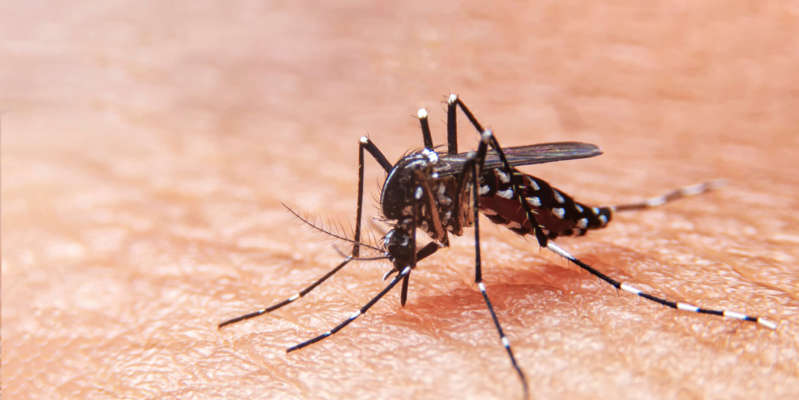
Drug-resistant malaria identified in Africa
Scientists have found the first evidence of the spread of drug-resistant malaria in African countries. In 2019, this disease caused the death of 409 thousand people, of which 274 thousand were children under 5 years old, according to the Lancet Infectious Diseases Journal.
A new study found that the malaria-causing parasites Plasmodium falciparum have acquired a persistent mutation. Thanks to her, they learned to “fight” with drug therapy, and the usual course of treatment became much less effective for patients.
Plasmodium falciparum malaria is currently treated in two stages. The drug artemisinin destroys most of the parasites within three days. Then another remedy with a long-lasting effect cleanses the body of the remaining traces of the pathogen.
Scientists studied the health status of 224 children aged six to five years who were treated for malaria in Rwanda (Masaka, Rukara and Bugarama). 16% of children in Masak and 15% in Rukar still had malaria parasites in their bodies after three days of treatment.
The authors of the scientific work determined that such vitality of Plasmodium falciparum is associated with the pfk13 R561H mutation. Mutations can occur spontaneously. Previous studies have indicated isolated cases of resistance, but now it turns out that such cases are becoming more and more. Scientists have pointed out the need for more careful monitoring of the spread of mutations, not only in Rwanda, but also in other countries.
Earlier it became known that malaria began to spread among people as early as 7000 years ago. Traces of it were found in the bones of representatives of ancient tribes.

